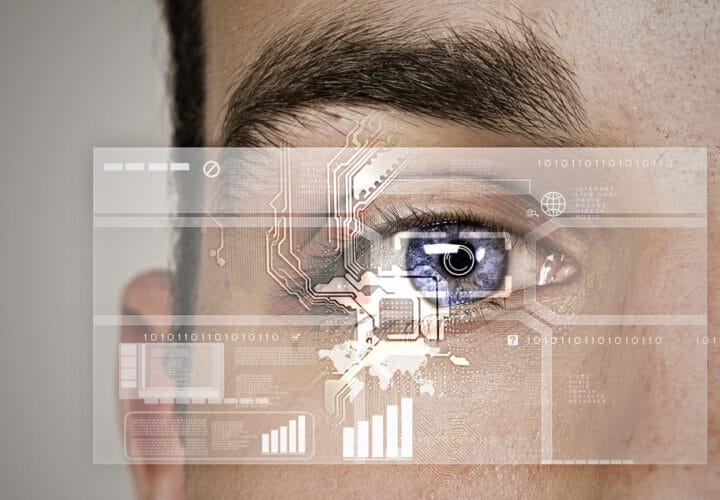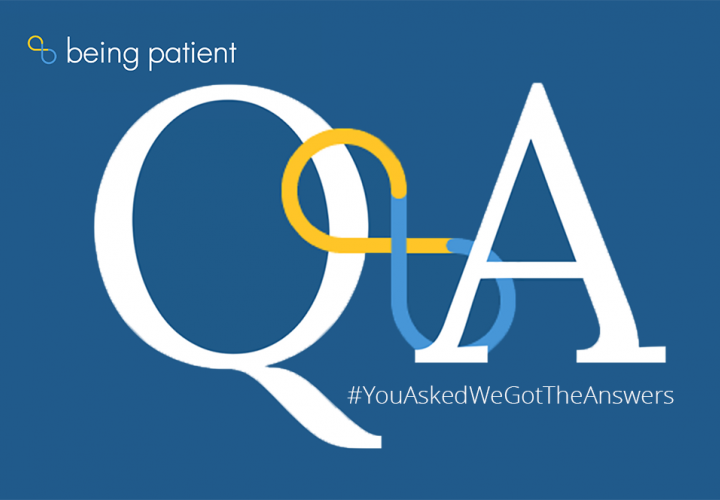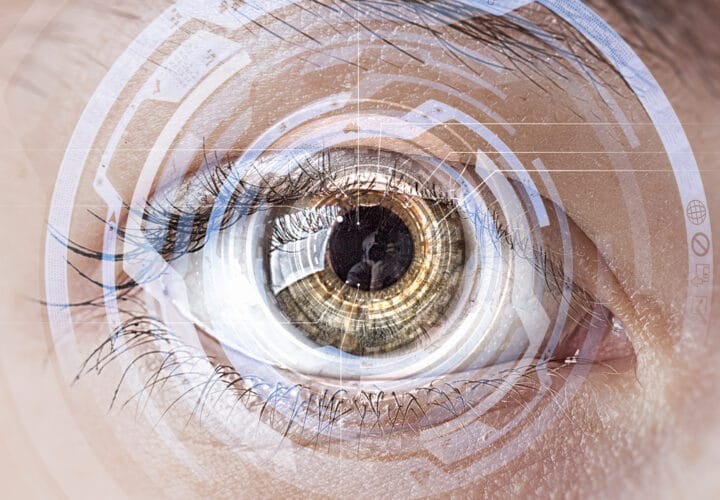Scientists believe that signs of cognitive decline can be detected in our eyes.
What if all that was required to foretell memory problems was a simple eye exam? By looking deeply into your eyes with special imaging tools, doctors may be able to predict your risk for developing memory loss and dementia in the future.
A new study found that people whose eyes showed small changes in blood vessels at age 60 may be more likely to develop cognitive issues by age 80. According to study authors, the small blood vessels reflected in the eyes could be a roadmap to what is going on in the brain.
“Problems with the small blood vessels in the brain are likely as important a factor in cognitive decline as problems with larger arteries, but we don’t have the ability to take pictures of these small vessels with brain imaging,” said study author Jennifer A. Deal, Ph.D., of Johns Hopkins University in Baltimore. “Because the blood vessels in the eye and the brain are so similar anatomically, we hypothesized that looking at the blood vessels in the eye would help us understand what was happening in the brain.”
Researchers looked at the eyes of 12,317 people over 20 years. They gave them memory and thinking tests and took pictures of their eyes using a special retinal camera. Of all the people analyzed, about five percent had some sort of retinal damage. People with moderate to severe damage, researchers observed, were more likely to have a dip in their memory score. For those people, their average scores on the tests declined by 1.22 standard deviation units over 20 years, compared to a decline of 0.91 standard deviation units for people with healthy eyes. After adjusting for various factors, scientists said the difference between the two groups was .57 standard deviation units.
Standard deviation is a unit of measurement that expresses the average amount of distance.
“To put this in perspective, a previous study using the same methods found that the effect of diabetes on cognitive decline was equal to 0.21 standard deviation units,” Deal said. “If our study results can be confirmed, differences in retinal integrity could provide reasonable estimates of how much small blood vessel damage in the brain is contributing to cognitive decline.”
Of course, this is an observational study—meaning that while scientists have made the connection between retinal damage and cognitive decline, that doesn’t necessarily mean that the damage to the blood vessels they observed is causing the decline in cognitive ability. Researchers who worked on the study also noted that it’s limited because only one eye was photographed.
This isn’t the first time the eyes have been shown to hold clues for a dementia diagnosis, though. A 2014 study found that the retina thins before the onset of frontotemporal dementia, a type of disease that strikes much earlier in a patient’s life and makes up 10 to 15 percent of dementia cases. Researchers who conducted that study described the eye as a “window to the brain.” A small 2017 study showed that beta-amyloid, the toxic protein associated with Alzheimer’s disease, showed up in the eye the same way it showed up in the brain—and it could be detected up to 20 years before symptoms begin.
Although the retina is outward facing, it’s made up of neurons that communicate directly with the brain, making it an easy and accessible way to track what may be going on in the brain. Scientists hope that this research will give way to an easier route to diagnosis, potentially getting patients into clinical trials before they are showing symptoms of the disease.
This study was published in the journal Neurology.



